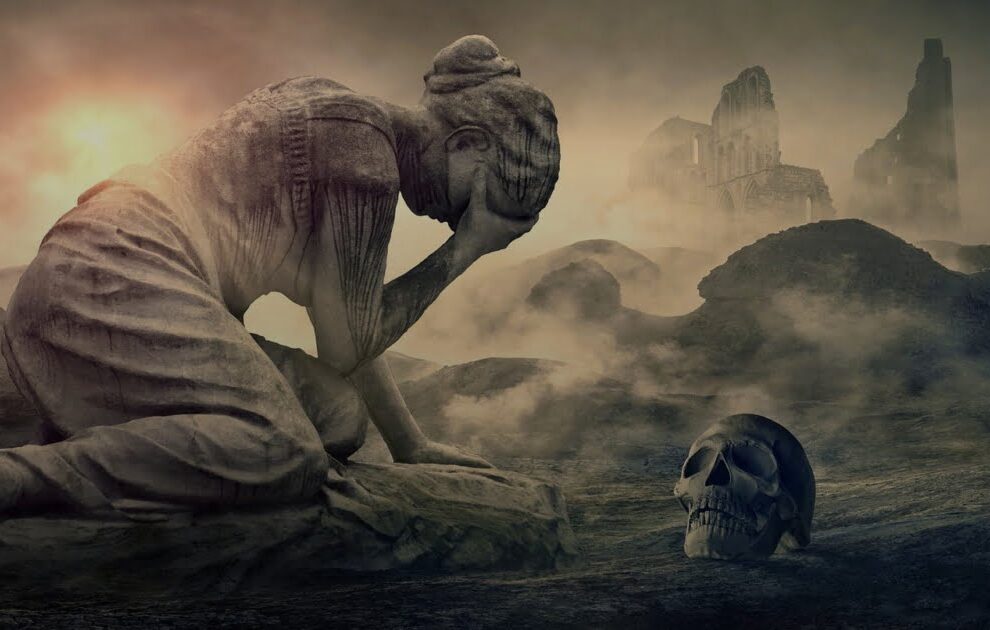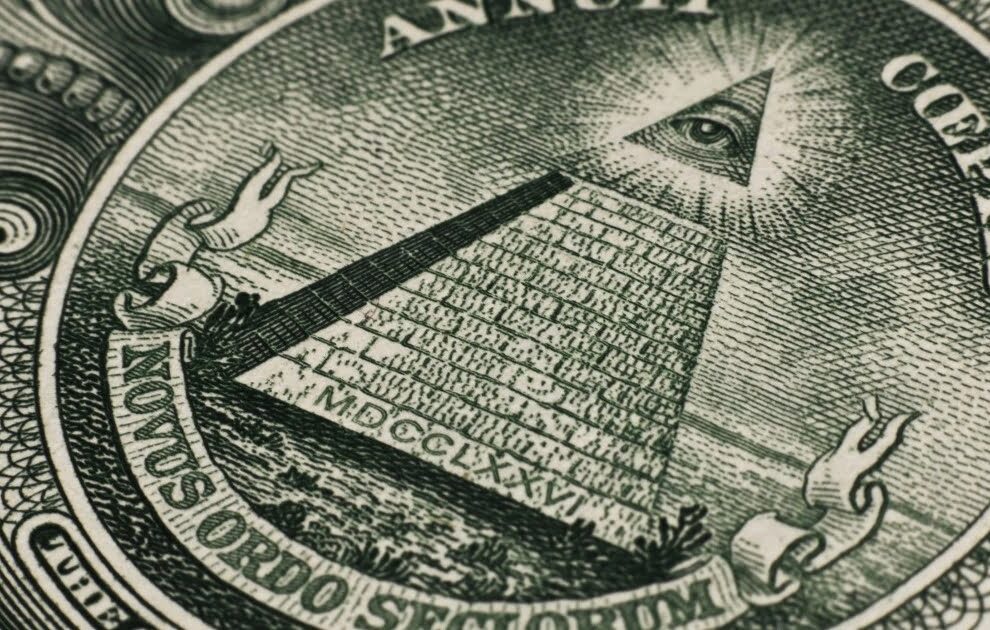William T. Still’s book “New World Order: The Ancient Plan of Secret Societies,” published in 1991, explores the concept of a global conspiracy orchestrated by secret societies throughout history. Still delves into the idea that certain powerful groups, often secretive and influential, have been working towards establishing a centralized world government or a “New World Order.” He traces the historical roots of these ideas, suggesting that various events and movements, including revolutions and financial systems, have been manipulated by these societies to achieve their goals.
In the early Americas, the influence of secret societies was subtly woven into the fabric of emerging nations. Many of the Founding Fathers were known to be members of various fraternal orders, which were steeped in rituals and symbolism that dated back to ancient times. These societies held a vision of a new world, free from the tyranny of old European powers, but their aspirations were not merely political. They sought to establish a society based on principles of enlightenment and esoteric wisdom. This underlying agenda has led to ongoing debates about the true intentions behind the founding of the United States and the enduring legacy of these secretive groups in shaping modern American society.
0
‘To end with certainty in the construction of a World Government, [A New Community World Order] where all the individuals, without exception, will be subjected to the “World State” of the “New Order”, we have to, first of all, remove the “Family” (what will entail, at the same moment, the disappearance of the ancestral religious teachings), and in the second place, level all the individuals by removing “Social classes”, in particular, “Middle classes”. But we have to proceed in such a way that all these changes appear as arising from the popular will; that they have the appearance of the “Democracy”.’ – Bread & Circus (1967)
0
More than just a philosopher, Voltaire (1694-1778) helped to popularize English writers and science in general to his French readers. When Voltaire was sent into exile in 1727, he exploited his enforced absence from France as an opportunity to visit England. During his stay, he studied the language, read widely, sought out the personal acquaintance of a host of English luminaries in letters and the sciences, and studied English institutions as a sympathetic outsider. He then published a series of short essays, first in English, under the title Letters concerning the English Nation (1733), and then in French under the title Lettres philosophiques [or Philosophical Letters] (in 1734). The reaction in France was highly mixed. In fact, the work was both wildly hailed and formally banned.
0
Naomi Wolf sums it up well in a recent article, “The problem with history is that it has not happened before in just that way. Meaning, just before people were put into boxcars and murdered, you would have sounded crazy if you had said, I am afraid people will be put into boxcars and murdered. Before the English set up inadequate “soup kitchens” with “vile soup” that made the dysentery of a targeted population worse, and hastened their departure from the land or hastened their death, you would have sounded crazy if you had said, I am afraid the British government will subvert the “feeding programs” they are deploying in Ireland, in order to get troublesome tenants off of the land. Before smallpox was used as a bioweapon in an effort to depopulate Native American tribes, in a way that could serve to “Extirpate this Execreble.”
0
The concept of a New World Order underpins the crises affecting humanity today. This agenda, driven by powerful elites, seeks to reshape society through genetic manipulation, economic control, and political dominance.
Genetically, advancements in biotechnology, such as GMOs and CRISPR, are being leveraged to exert control over the human genome, raising ethical concerns and potential long-term risks.
0
The Soul Trading System intertwines spiritual and legal realms in a complex narrative of control and deception. Allegedly operated by entities wielding influence over souls through legal and spiritual manipulation, it posits that individuals unwittingly participate in a system where their spiritual essence becomes a commodity.
Central to this narrative is the idea of reclaiming sovereignty through spiritual awakening and legal maneuvering, aiming to revoke purportedly binding agreements that entrap souls in a web of control. This discourse reflects broader themes of autonomy, cosmic law, and the unseen forces shaping human existence beyond conventional understanding.
0











0